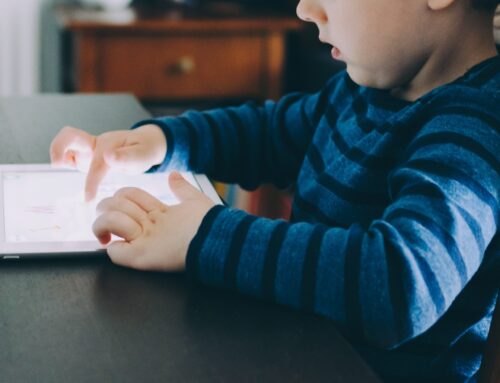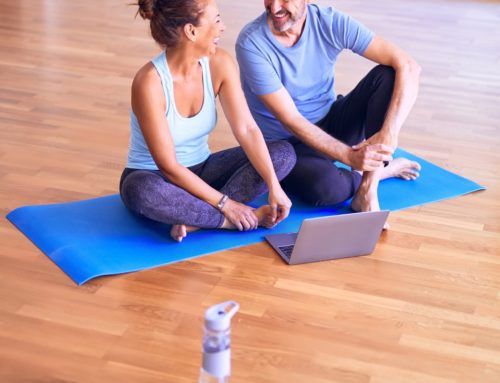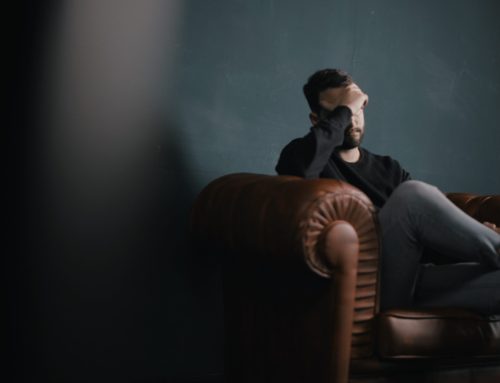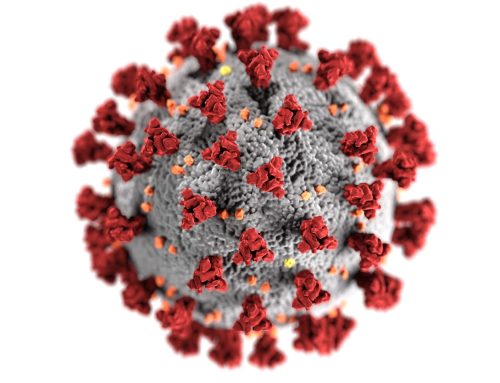When the body is healthy, it maintains an internal temperature of around 98.6 degrees Fahrenheit. If the body gets too hot, it can suffer from a condition known as heat exhaustion. A hot environment is one of the most common causes of heat exhaustion, but dehydration, alcohol use, and heavy clothing can all contribute to this condition as well. It’s important to know what to do when heat exhaustion occurs.
What Is Heat Exhaustion?
Heat exhaustion is a condition that occurs when the body loses too much water and salt. This typically happens as the result of excessive sweating. Common symptoms of heat exhaustion include:
- Rapid pulse.
- Muscle cramps.
- Faintness.
- Dizziness.
- Moist, cool skin with goosebumps.
- Nausea.
- Headache.
- Decreased urine output.
Left untreated, heat exhaustion can lead to a heat stroke. Heat stroke occurs when the body’s sweating mechanism fails completely. In this situation, the body can reach temperatures of 106 degrees Fahrenheit or higher in as little as 10 minutes. Heat stroke may be accompanied by confusion, slurred speech, loss of consciousness, and seizures. Heat strokes can be fatal if not treated properly.
How To Prepare for Hot Days
Proper preparation can help individuals avoid heat exhaustion. Anyone headed out in hot weather should dress appropriately in lightweight clothing with a loose fit so the body can cool off effectively. Drink lots of fluids to replenish those lost through sweat. Use a broad-spectrum sunscreen with an SPF of 15 or higher to prevent sunburn, which makes it difficult for the body to regulate its temperature.
If an individual starts to experience symptoms of heat exhaustion, move them to a cool area and offer plenty of fluids. Remove unnecessary clothing like shoes and socks. Have the individual wash their face, neck, and head with cool water or apply cool compresses to these areas.
Caring for Children and the Elderly in Hot Weather
Individuals who are under the age of 4 or over the age of 65 are at a higher risk of heat exhaustion. Infants and children haven’t yet developed the ability to fully regulate body temperature. In the elderly, medications or illnesses may increase the risk of heat exhaustion.
Individuals in these groups should stay particularly mindful of the weather. Avoid outdoor activities during the heat of the day. Reschedule yard work or play dates for days when the weather is cooler and less sunny.
When to Call 911 for Heat Exhaustion
Individuals should call 911 if they’re suffering from extreme heat and experience:
- Vomiting.
- An elevated body temperature above 104 degrees Fahrenheit.
- Loss of consciousness.
- Seizures.
- Slurred speech.
- Confusion or altered mental status.
If the individual is suffering from less severe symptoms of heat exhaustion, they can wait to seek medical evaluation and treatment at a clinic or emergency room.
Anyone experiencing symptoms of heat illness should seek medical advice from a licensed health care practitioner. JCMC offers urgent care services daily at the Jacksonville location across from Onslow Memorial Hospital, as well as at the Swansboro Clinic on Saturdays.







